You can tell a lot about a society’s deep-seated fears by noting the number of apocalypse movies playing in its theaters.
During the Cold War, nuclear war ravaged the world in movies like “The Day After.” In the 1990s and early 2000s, U.S. actions destroyed the environment in movies like “The Day After Tomorrow” and “Water World.” Frankly, I don’t even know what to think of some of the more recent zombie movies.
But in the last decade, movies and shows like NBC’s “Revolution” have raised some interesting questions: what would happen if some of our technology just stopped working?
It may seem far-fetched, but this reality is actually closer than you might think. The U.S., China, Russia and many other countries have been diverting their attention to making sophisticated cyber weapons that are aimed at doing everything from shutting down computers to turning on cameras and microphones to spy.
In a world where computers run everything from financial markets and telecommunication systems to oil refineries and defense systems, worms like these could pose a serious threat to infrastructure worldwide.
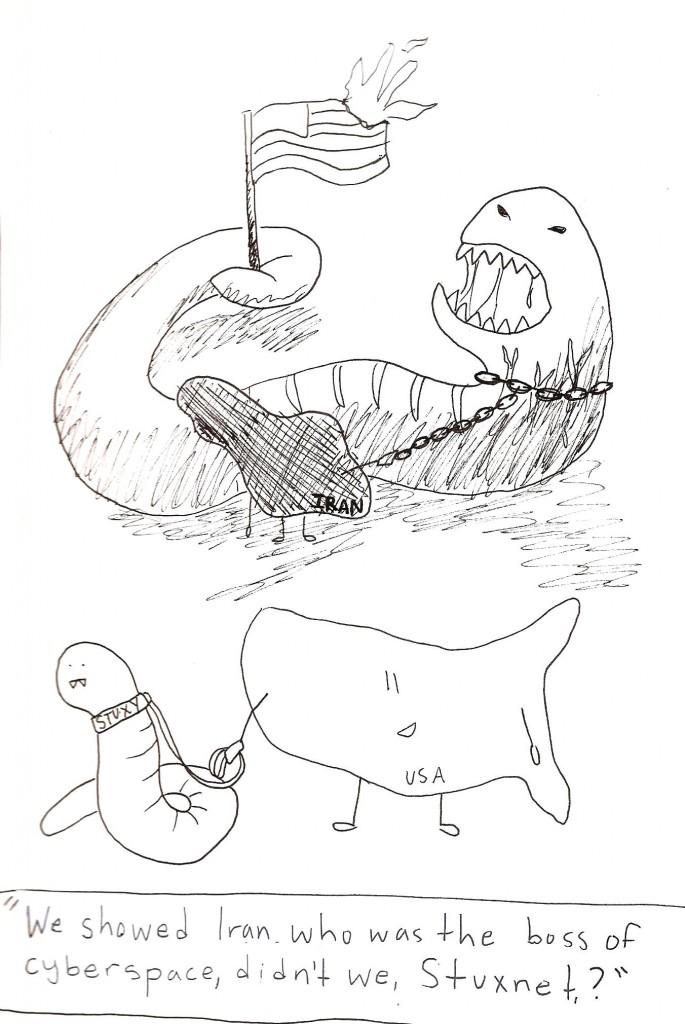
Scientists predict countries could develop viruses to turn on turbines, turn off safety features and generally wreak havoc on basic infrastructure from some seemingly invisible hand, which cannot be traced or easily stopped.
The first state-sponsored computer virus was Stuxnet, an incredibly sophisticated computer worm engineered in a joint operation between the U.S. and Israel. Started in Bush’s presidency and continued by the Obama administration, Stuxnet was meant to halt Iran’s uranium enrichment program. In that sense, it was relatively successful, and reportedly took out approximately one-ninth of Iran’s centrifuges.
Stuxnet marks the beginning of a new age of warfare: discreet, virtually untraceable and high risk.
However, the benefits of delaying Iran’s nuclear program could come at a much higher price. Many experts like Julian Assange, the president of the National Board of Information Security Examiners, believe Stuxnet provided a blueprint for other countries and individuals to easily make similar worms. In fact, Iran recently launched a similar virus against Saudi Arabia’s nuclear program.
The virus erased all the data on three-fourths of Saudi Amarco’s (the world’s most valuable oil company) computers and replaced it with the image of a burning American flag. According to the New York Times, researchers speculate that the attack was a reaction to the U.S. worm Flame, a cousin of Stuxnet that has been attacking Iran for several years. Researchers also believe that Iran was responsible for attacks on another Saudi Oil company, RasGas, and an attack that briefly took Capital One and BB&T offline.
Although we are currently incredibly unprepared for an attack on our own infrastructure (Keith Alexander, Director of the National Security Agency, gave us a grade of three on a scale of one to ten in terms of preparedness), the U.S. government is working hard to bridge security lapses and prepare responses for an attack that could come at any time.
The world’s vulnerabilities no longer lie only in falling bombs and flaming cities. They lie in our technology, the very thing we rely on most for daily life. But don’t be alarmed by the films and shows: the world isn’t going to end “Revolution”-style any time soon.



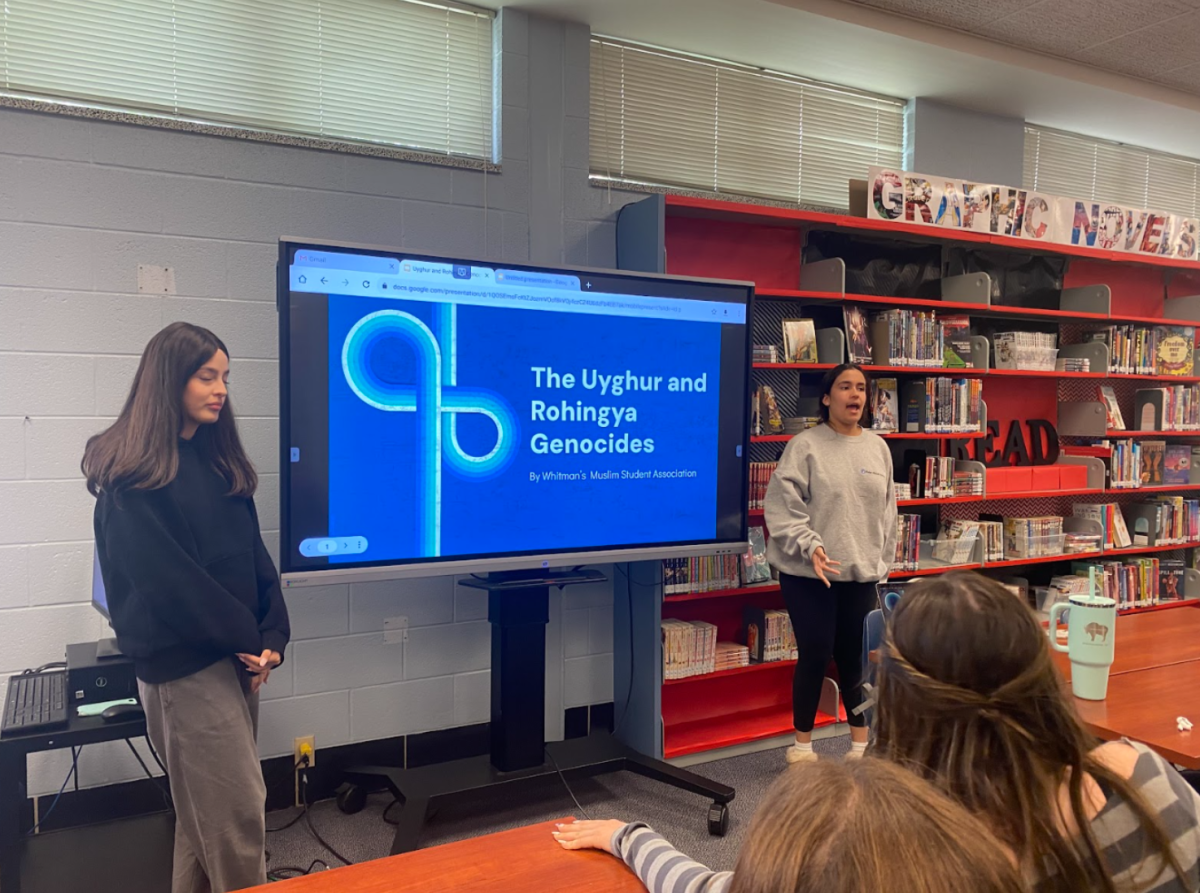
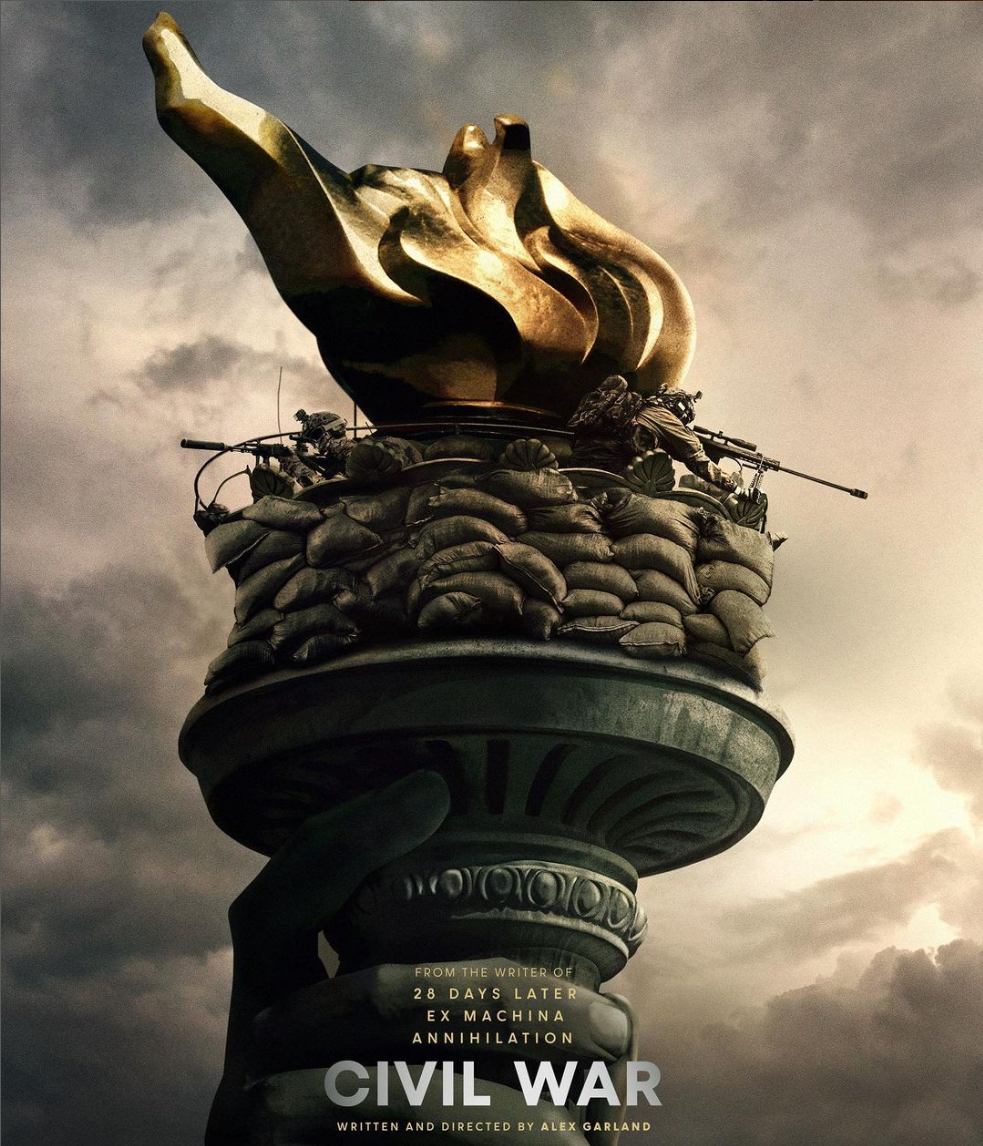
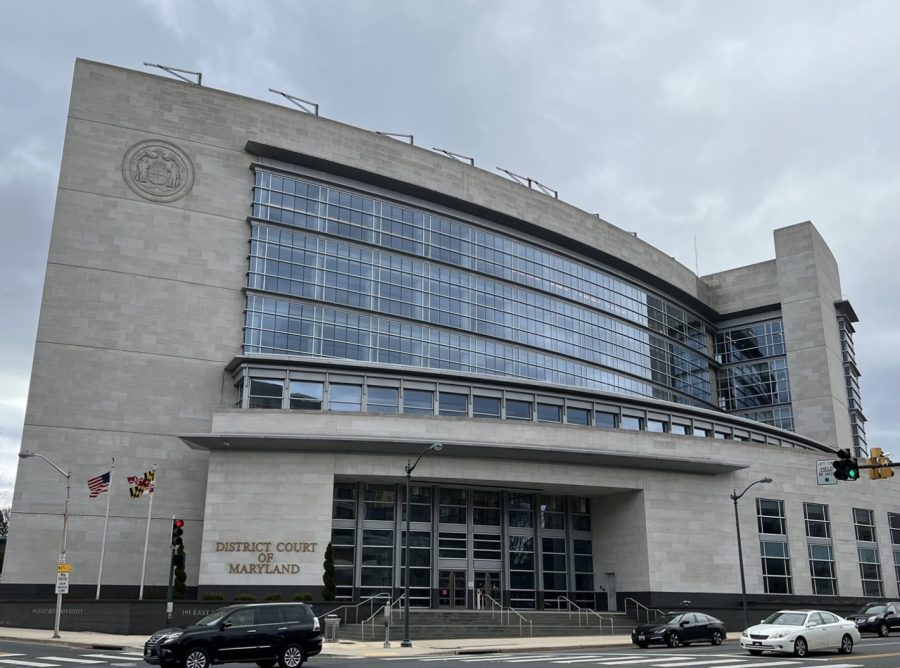







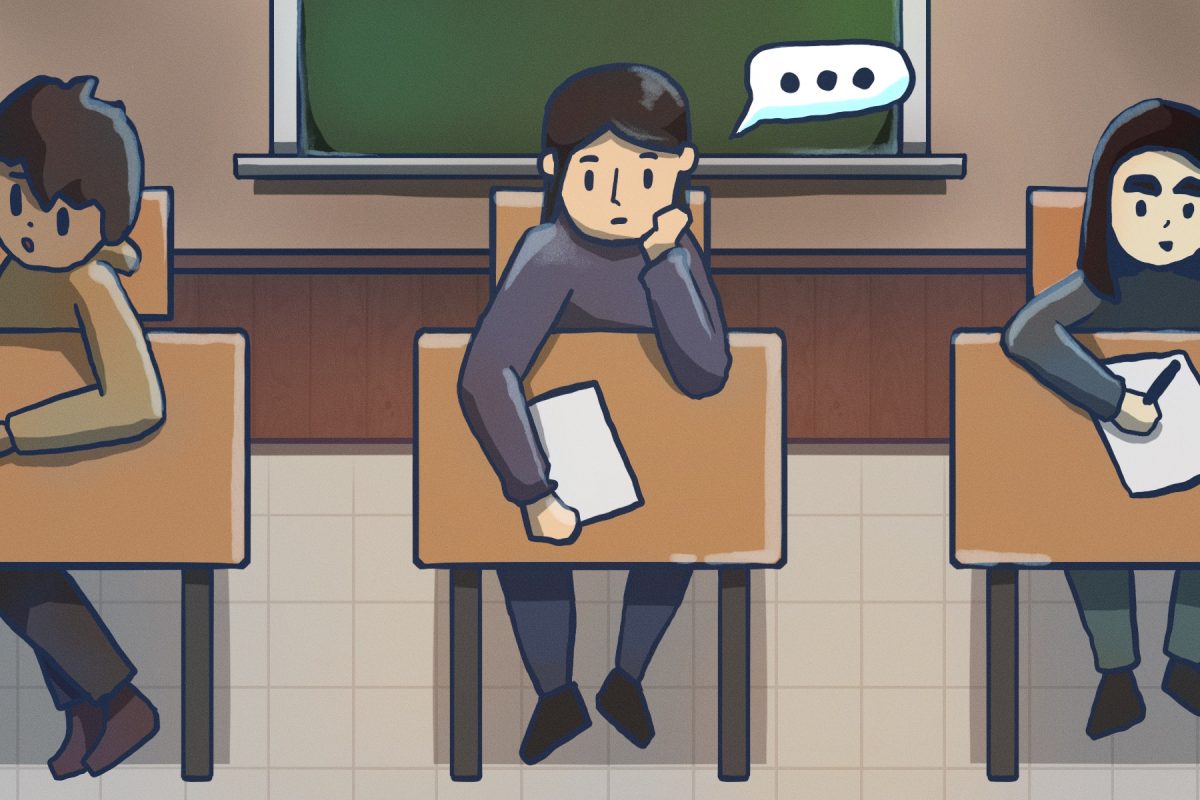

Anonymous Debater • Nov 19, 2012 at 9:21 pm
Did Schifrin cite you at Glenbrooks?